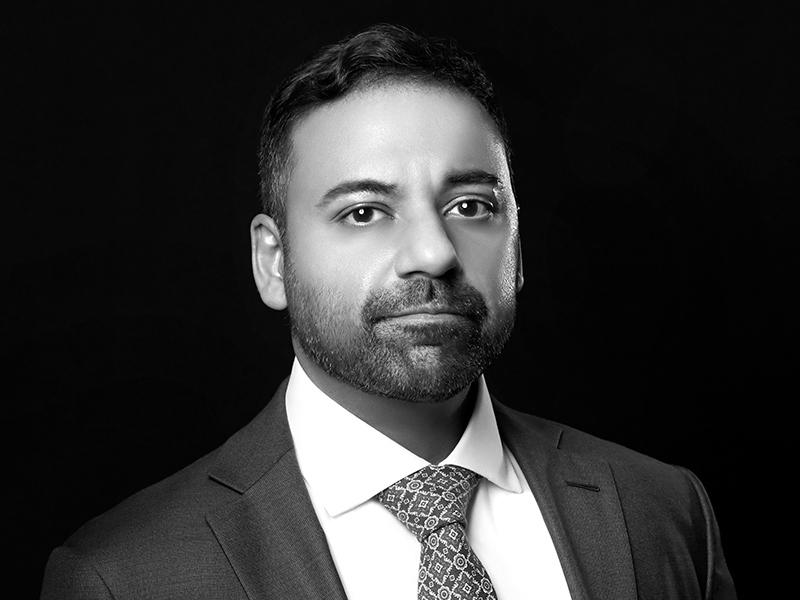Amit Vora’s practice focuses on complex and appellate litigation in federal and state courts. His experience includes representing companies and individuals in commercial, securities, and real estate disputes, and matters involving constitutional and public interest issues.
Amit has significant appellate experience. He has filed scores of briefs, including in the U.S. Supreme Court, and he has presented numerous oral arguments, including before the Fifth, Seventh, Ninth, and D.C. Circuits, eight times before the Second Circuit, and over a dozen times before the New York State Supreme Court’s Appellate Division. Recently, he successfully represented former U.S. Attorney General Edwin Meese and Professors Steven Calabresi and Gary Lawson as amici curiae in SEC v. Jarkesy in the U.S. Supreme Court.
Amit previously served as Assistant Solicitor General with the New York State Attorney General’s Office. There, he litigated federal and state appeals involving administrative, employment and constitutional issues.
Amit was also a supervising attorney and teaching fellow with Georgetown University Law Center’s Appellate Courts Immersion Clinic, and he clerked for the Honorable Edward C. Prado, U.S. Court of Appeals for the Fifth Circuit.
Amit is active in bar associations and legal committees. He was selected for the South Asian Bar Association’s Leadership Institute, and he was appointed as Chair of the New York chapter’s Judiciary Committee, which vets and endorses candidates for federal and state judgeships. In addition, he serves The Appellate Project as a mentor, and he serves on the pro bono panels for the Second, Fourth, and Fifth Circuits.
Amit is the author of several scholarly pieces, including Defending an Under-21 Firearm Ban under the Second Amendment, 71 Stanford Law Review Online 1 (2018), and Constitutional Crowding and the Problem of Executive Knavery, 85 Albany Law Review, Issue No. 4 (2022). He holds a certificate in Economics of Blockchain and Digital Assets from the University of Pennsylvania Wharton’s Executive Education Program.
